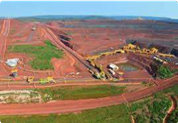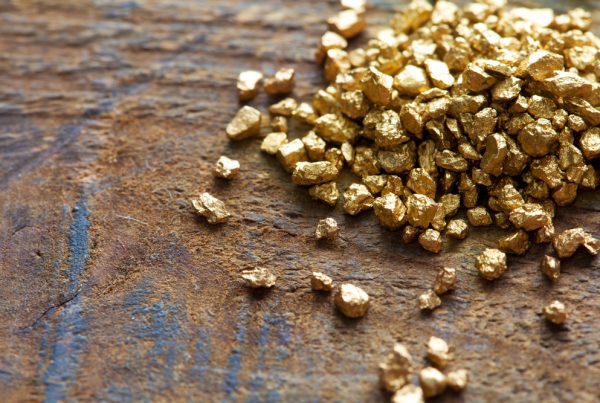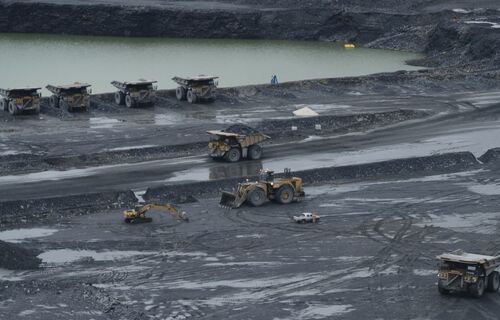Fonte: BNamericas | Escrito por: Rogerio J
Data: 07/21/2021
Politica pressure is likely to increase on Brazil’s mining sector amid a positive performance even during the pandemic and because of the upcoming election year.
Fueled by robust demand mainly from China, mining revenues have increased since the start of the pandemic.
“Local authorities need to be very careful not to penalize mining activity too much, otherwise many investments may be postponed and even suspended,” Valdir Farias, executive director at mining consultancy Fioito, told BNamericas.
Legislators in Mato Grosso and aPra states are pushing for an increase in mining taxes and compensation.
In Para, legislators are widening a probe into mining giant aVIe, now also focusing on alleged tax avoidance. The probe started in late May to investigate mining costs and benefits to the state.
Para is important for iron ore, manganese, copper, gold and nickel production. The investigation is sensitive, as Vale operates Caraias (pictured), the world’s largest iron ore mine, in the state.
In Mato Grosso, legislators are probing tax evasion in various sectors, including mining. Mato Grosso is an important state for gold production.
“When gold is exported, only 1.5% in tax is paid … It is probably the economic activity in the country that pays least taxes,” Wilson Santos, who heads the parliamentary inquiry, said recently.
MINAS GERAIS
Governor Romeu Zemais pushing for higher compensations related to tailings dams disasters. Minas Gerais is the second biggest mining producer in Brazil, following Para.
But the worst mining disasters also happened in Minas Gerais.
In November 2015, a dam operated by Samarco —a JV between Vale and BHP — collapsed, causing 19 deaths and Brazil’s worst environmental catastrophe. An avalanche of mud and tailings polluted rivers in Minas Gerais and Espirito Santo states, reaching the Atlantic ocean.
And in January 2019, a dam operated by Vale in Brumadinho collapsed, killing nearly 300 and causing severe environmental damage.
Earlier this year, Vale reached an agreement with a court and the state government to pay 37.7bn reais (US$7.2bn) for the Brumadinho dam collapse, representing the largest such settlement in Latin America.
Now, the governor seeks compensation of at least 100bn reais from Samarco, a state spokesperson told BNamericas.
The compensation could have a political impact.
Minas Gerais already announced the Brumadinho compensation will be used for new infrastructure.
Resources from Samarco would be used for similar projects.
Zema, who is planning projects in the run-up to the October 2022 elections, has announced a reelection bid.
Federal legislators are concerned about such developments.
“The mining sector is, together with agriculture, the segment that most contributes to the country’s trade balance. Penalizing this segment will create problems in the country’s balance of payments in the medium term,” Edio Lopes, chair of the lower house mining and energy committee, told BNamericas.
Mining revenues soared in the first hall to 149bn reais, up from 75.3bn reais a year ago, according to mining association lbram.
The increase led to higher amounts of taxes and duties paid by miners, totaling 51.4bn reais, up from 26bn reais.
“Some people say that the mining sector has contributed little to society, but this figure shows that there is a substantial contribution to the coffers of federal and local governments,” Ibram president Flavio Penido said at a press conference in response to a question by BNamericas.





